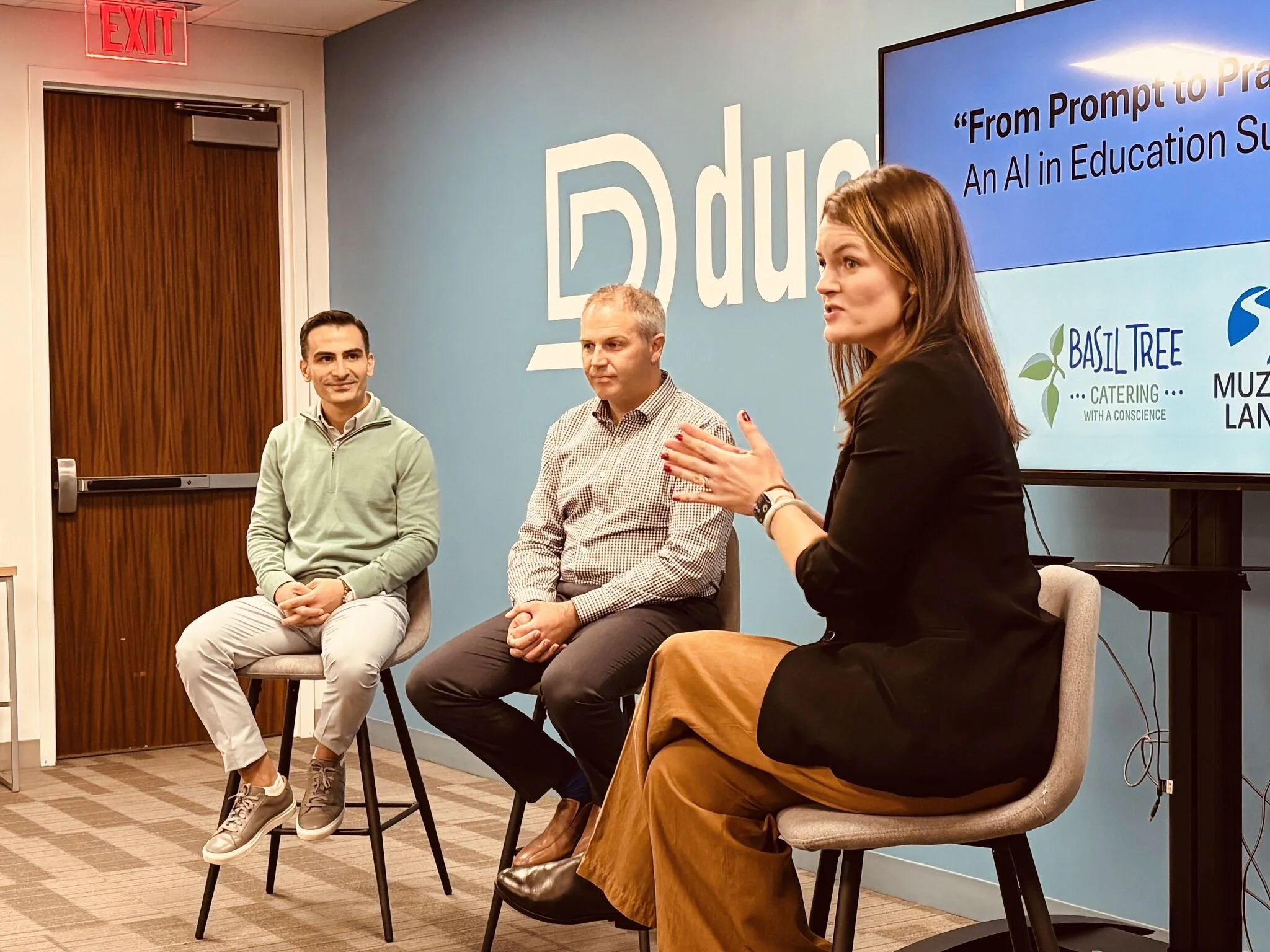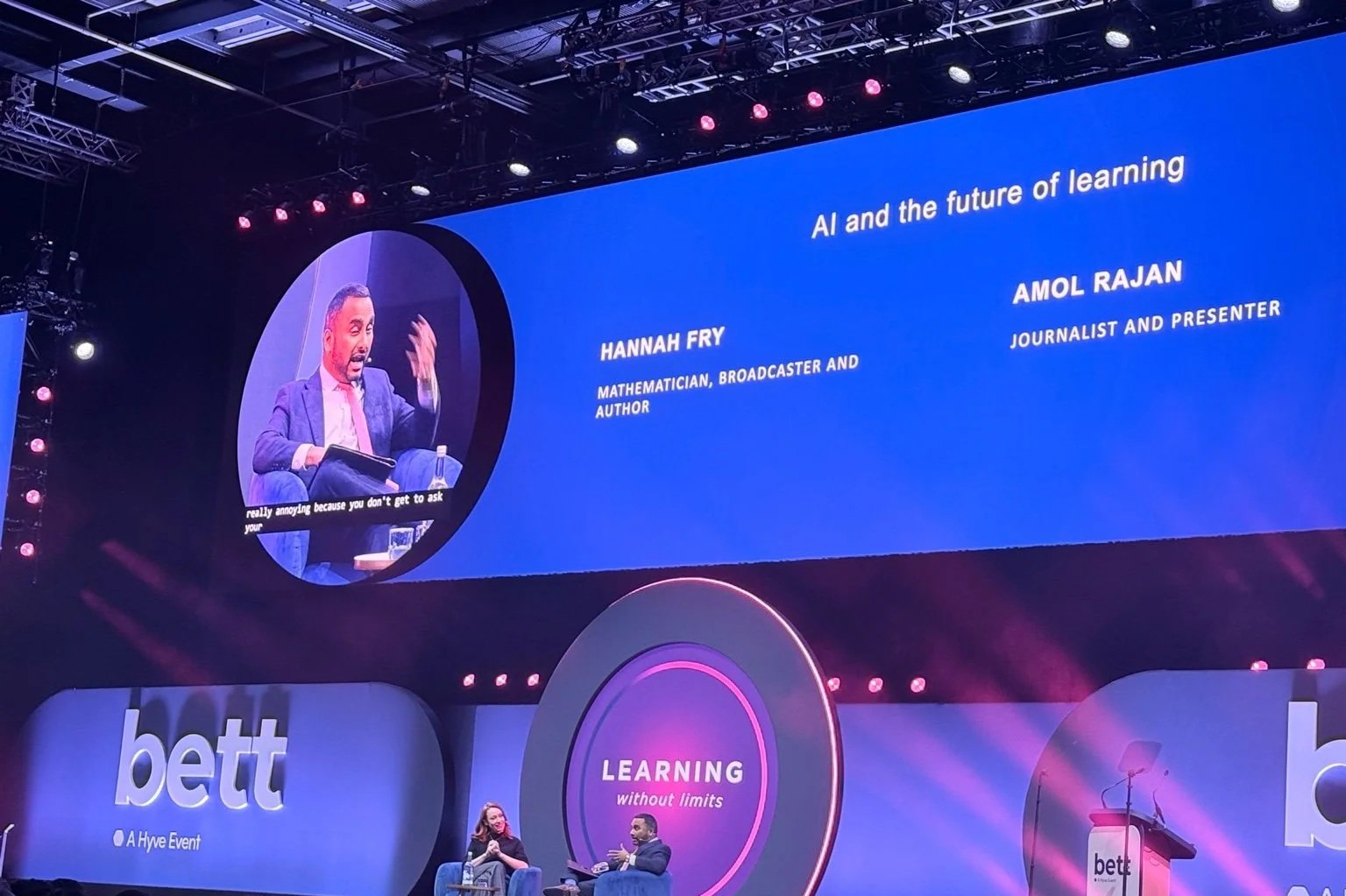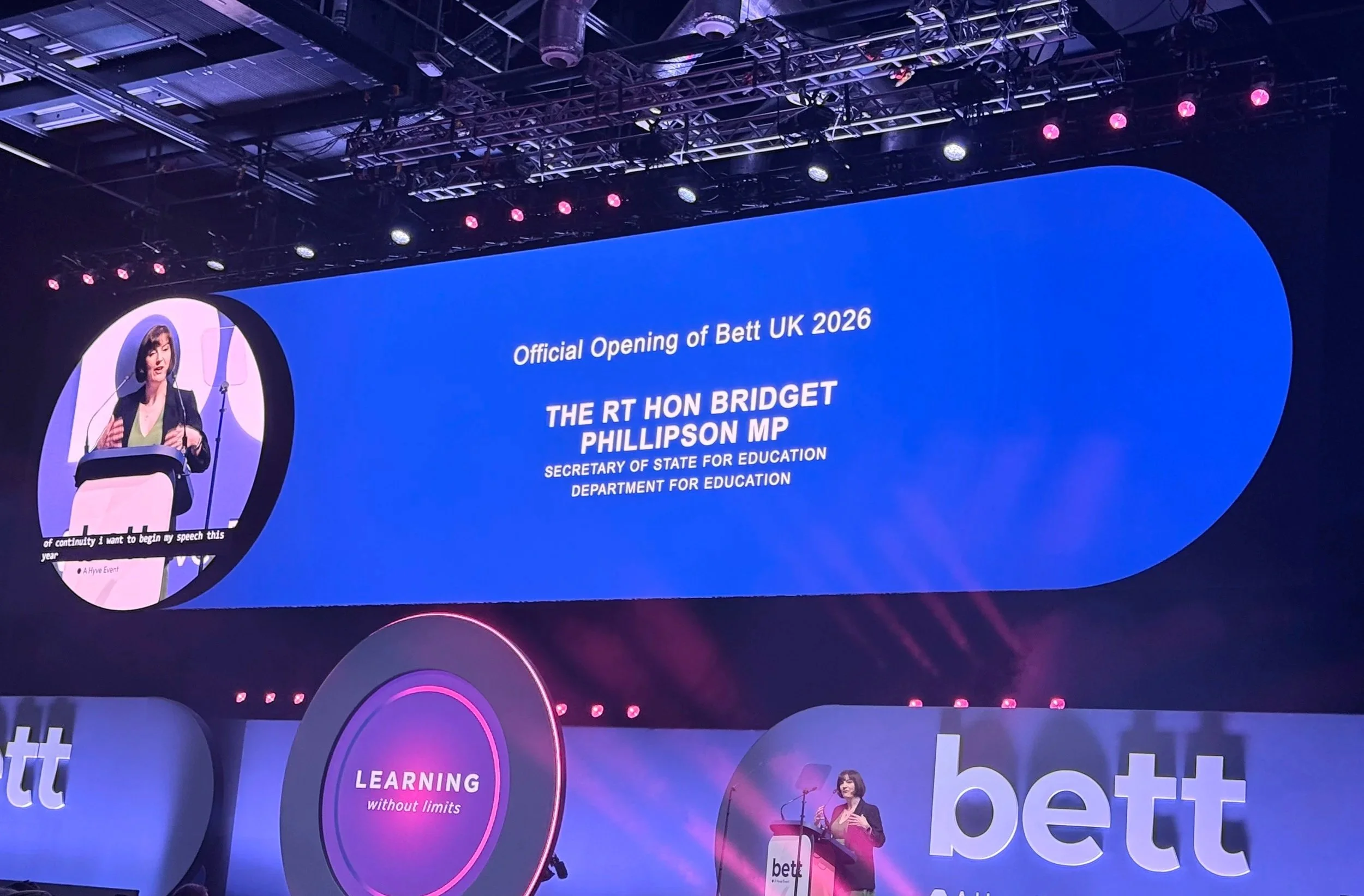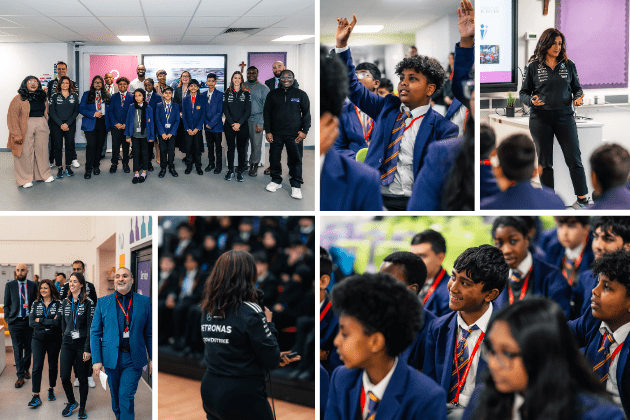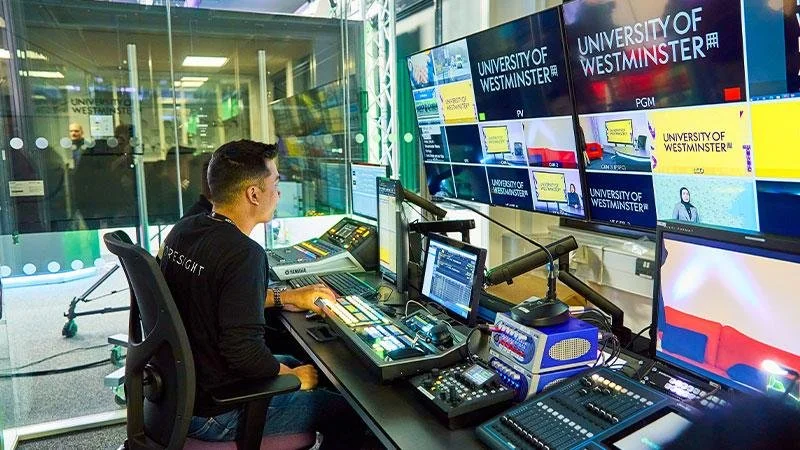Future of Higher Ed Boston hosts first AI in Education Summit on practical classroom innovation
The Future of Higher Ed (FOHE) Boston community has held its first AI in Education Summit, bringing together faculty, edtech professionals, and institutional leaders to explore real-world classroom applications of AI.
Photo credit: Kaitlin Dumont
The Future of Higher Ed Boston community hosted its first AI in Education Summit, From Prompt to Practice, marking a new phase in its ongoing discussions around innovation in higher education.
Kaitlin Dumont, higher education strategist and founder of the FOHE Boston chapter, shared details of the event on LinkedIn, describing it as a collaborative effort involving educators, institutions, and edtech partners.
Dumont wrote: “Huge thanks to Duet for hosting us, and Michael Larsson and Khaleel Shreet, Ed.D. for sharing more about how Duet is experimenting with AI to create consistency in the coaching process — BIG IDEA: an AI experiment can be small, you just have to try!”
The summit, supported by several local education organizations, included contributions from faculty and technology leaders exploring the use of artificial intelligence in teaching, assessment, and academic support.
Faculty share insights on AI in teaching and assessment
Peter Shea led a faculty discussion featuring Allan Glass, Ph.D., Ruth Slotnick, Julio Stanly Flores, Steve Covello, and Tiffany Kim. The group examined how AI tools are influencing both in-person and virtual classrooms, addressing opportunities for simulation-based learning and new assessment models.
Dumont noted that the session drew “the most faculty we've ever had at an FOHE Boston event,” underscoring the growing institutional interest in applied AI within higher education.
Exploring challenges and opportunities in AI adoption
The summit also featured a “Communities of Effort” session, where small teams worked on eight priority challenges, including faculty and staff adoption of AI, transparency in analytics, AI literacy for leadership, and co-creation between edtech companies and universities.
“These teams kicked off efforts to explore eight pressing challenges including faculty and staff adoption of AI, edtech and institution co-creation, rethinking assessment, AI in the workplace, building transparency for AI analytics, AI literacy for leaders, executive function coaching with AI, and career skills and signals,” Dumont wrote.
The event was organized by a planning committee including Elizabeth J. Pimentel, David Shacklette, Peter Shea, Logan Currie, Kelly Colón, and the Muzzy Lane Software team.
Dumont thanked the committee and contributors, noting that the Boston summit followed a similar event by the FOHE Philadelphia chapter earlier this year. She added: “This is just the beginning… as we like to say, if you're not FOHE, you're just FOMO!”

